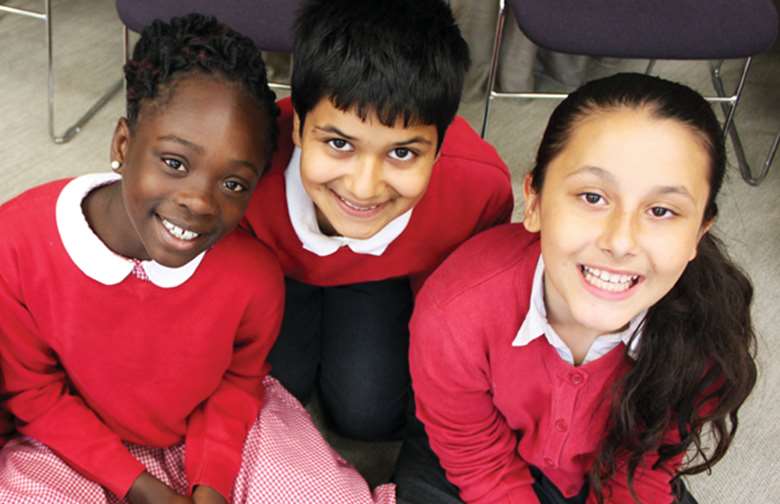How training for teachers helps prevent primary school bullying
Emily Rogers
Tuesday, October 27, 2015
School staff get training to prevent and tackle bullying.

Project
Primary Bullying Intervention Training (BIT)
Funding
£264,170 over two years from March 2013 from the Department for Education's National Prospectus grant programme.
Background
Bullying accounts for one quarter of all calls to ChildLine by under-11s, making it the top issue for primary school-aged callers, according to this year's ChildLine Review.
In 2011, anti-bullying charity Kidscape was awarded a DfE grant for its Bullying Intervention Training (BIT) programme, a two-year national project equipping staff and young people in secondary schools and youth organisations with skills and strategies to prevent bullying.
Participants highlighted the need for earlier intervention, so the charity developed a similar programme for primary schools.
Action
The charity invited all primaries in nine London boroughs to take part in the programme, resulting in 211 schools in Southwark, Newham, Lambeth, Greenwich, Hackney, Haringey, Islington, Tower Hamlets and Waltham Forest registering – nearly half of all primaries in these boroughs.
The first stage, from September 2013, involved Kidscape delivering half-day workshops to professionals from these schools to help them recognise, prevent and deal with bullying. Participants also learned how to empower children with knowledge and strategies to reduce bullying and deal with bullying situations. They were given handbooks with lesson plans, which they could use in personal, health and social education (PSHE) sessions.
The second stage of the programme saw these staff deliver five themed lessons for children in Years 4 and 5. These covered topics including understanding the difference between teasing, joking and bullying, conflict resolution, and being a good friend.
"We don't want to frame everything around bullying, so the lessons covered a lot of life skills too, such as assertive body language, and conflict resolution," says programme manager Carolyn Choong.
In the third stage of the programme, Kidscape provided schools with a further half day of support to help them embed learning into policies and culture. The charity offered schools a menu of support services. The most popular included a review of the school's anti-bullying policy, training for all staff, and workshops for parents and school council members.
In total, 189 schools completed the programme and 416 professionals received training, enabling them to deliver lessons to around 17,000 children over the two years.
Primary BIT ended in March, but Kidscape received DfE funding for a further year in April, enabling it to provide workshops this summer for staff and children from participating schools. The staff masterclasses covered e-safety, cyberbullying and supporting pupils through the transition to secondary school. Pupil workshops focused on the role of the bystander in reducing bullying. The extra funding has also enabled the charity to extend the programme this autumn to 48 schools in four other London boroughs - Brent, Camden, Lewisham and Westminster.
Outcome
Of 160 participating schools, 94 per cent said bullying had decreased in their schools as a result of the programme, according to an external evaluation by M&E Consulting, published in July.
Of 366 school staff, 97 per cent said they had learned how to prevent bullying, 99 per cent said they had learned how to recognise bullying behaviour and 98 per cent said they had learned how to deal with bullying.
Of 3,121 children providing feedback, 86 per cent said they now knew more about bullying, 92 per cent said they now understood why they shouldn't bully, 80 per cent said they felt more able to help somebody being bullied and 75 per cent said they felt more able to deal with bullies. In addition, 71 per cent said they knew how to manage their feelings better, 84 per cent said they felt more confident, 81 per cent said they felt better about themselves and 74 per cent said they now felt safer from bullying.
Reduction in bullying
Results from primary schools that took part in the BIT programme from March 2013 to March 2015
Schools
94% reported bullying had decreased
School staff
98% said they had learned how to deal with bullying
If you think your project is worthy of inclusion, email supporting data to derren.hayes@markallengroup.com




